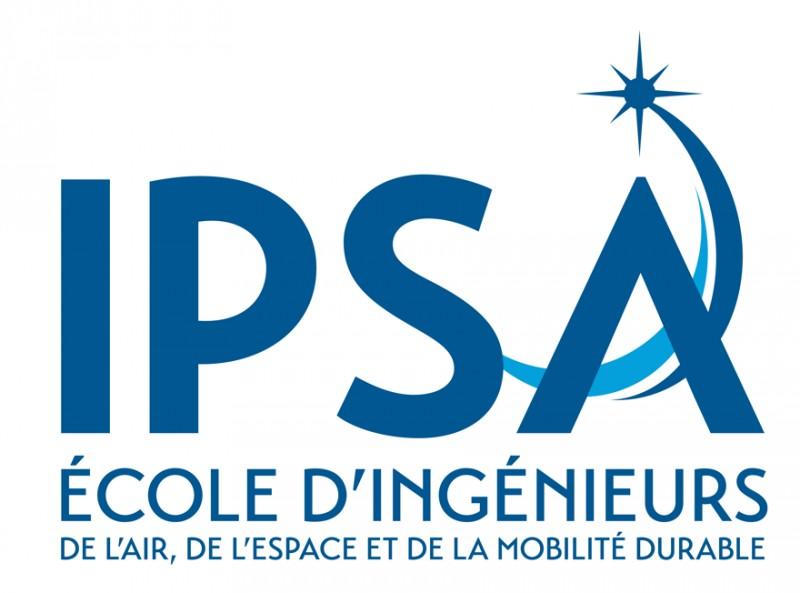Pharmaceutical company employment survey
Find out more about recruitment and trends in the pharmaceutical industry by reading our article about the latest pharmaceutical company employment survey by Leem in France.

Sector overview in terms of recruitment
With 98,786 employees at the end of 2016, reflecting a growth of 0.1% in the employee numbers, the pharmaceutical industry is benefiting from a slightly more favorable employment trend than seen across the full spectrum of manufacturing industry. This trend seems to be confirmed for 2017, with initial estimates of an increase of 0.4%.
In 2016 there were more than 680,000 new hires and at least one half of them have been hired as managers.
Furthermore is there a significant indirect employment, which increases the total number of people employed in the entire drug supply chain to around 296,200. Especially the following organisations play an important role for those employees:
- the biotechnology and healthcare SMEs
- certain legally separate research centers as well as external medical examination companies and private R&D structures (e.g. CRO' s)
- the pharmaceutical active ingredients industry
- wholesale distributors, custodians and pharmacies
According to the Pharmaceutical company employment survey, the Parisian Region, Auvergne-Rhône-Alpes and the Normandy are the three most important regions where the pharmaceutical industry has the most jobs.
The development of the workforce by company size is also interesting. The decline in personnel is more broadly affecting the big companies. That means that in companies with more than 500 employees, the number of employees is reduced. In contrast to companies with less than 200 employees, where the number of employees increased.
Although the level of employment in manufacturing industry and marketing-distribution is the largest, R&D still remains a key factor of this sector and the number of employees is increasing by 0.7% up to 13,6 %. Besides, in the area of new hire, the proportion of recruitments in R&D is by 14%.
An industry that recruits young people
In 2016, the proportion of under-30s represented 14.5% of the sectors workforce. But the new generational contract collective agreement signed in November 2016 by Leem and four trade unions is paying of:
This agreement commits pharmaceutical companies to gradually increase the proportion of under-30s in their recruitment by 30% within three years. Furthermore is Leem committed to carrying out 5,000 apprenticeship or vocational training contracts per year by the end of 2022.
First successes are already apparent, for example 4,100 contracts were concluded in 2016 compared to 3,536, in the previous year.
Without attractiveness, no sustainable employment
The trend towards outsourcing to service providers has continued in France and abroad.
This also concerns the R&D activities. It shows a shift from R&D centres, to more attractive countries.
In Italy, Prime Minister Matteo Renzi and his successor, Paolo Gentiloni, took actions. Together with pharmaceutical companies, they have set ambitious objectives for strengthening investment in health and increasing national industrial capacity. The results were immediate: With 5% annual growth, the Italian pharmaceutical production is expected to outnumber the German leader in 2018.
The UK is also taking steps by launching an industrial strategy called Building a Britain Fit for the Future and several major pharmaceutical companies have already confirmed significant investments in the UK.
As the previous examples show, the decline in France is concerning, but not irreversible. For the pharmaceutical industry it is still possible to regain its leadership in Europe and sustainably consolidate the recovery in employment.
Author: Maria Butzke
Vous souhaitez recevoir nos infolettres ?
Découvrez nos adhérents
 CESI
CESI  Généthon
Généthon  MabDesign
MabDesign  TotalEnergies
TotalEnergies  Laboratoire National de Métrologie et d'Essais - LNE
Laboratoire National de Métrologie et d'Essais - LNE  ADEME
ADEME  Aérocentre, Pôle d'excellence régional
Aérocentre, Pôle d'excellence régional  Ifremer
Ifremer  ONERA - The French Aerospace Lab
ONERA - The French Aerospace Lab  Tecknowmetrix
Tecknowmetrix  MabDesign
MabDesign  SUEZ
SUEZ  Institut Sup'biotech de Paris
Institut Sup'biotech de Paris  ASNR - Autorité de sûreté nucléaire et de radioprotection - Siège
ASNR - Autorité de sûreté nucléaire et de radioprotection - Siège  Nokia Bell Labs France
Nokia Bell Labs France  PhDOOC
PhDOOC  Groupe AFNOR - Association française de normalisation
Groupe AFNOR - Association française de normalisation  CASDEN
CASDEN  ANRT
ANRT
-
EmploiCDIRef. ABG129192Association Bernard Gregory (ABG)Paris (3ème) - Ile-de-France - France

Business Developer (F/H)
IndifférentNiveau d'expérience indifférent -
EmploiCDIRef. ABG128969Institut Polytechnique des Sciences Avancées - IPSAToulouse - Occitanie - France

Enseignant-chercheur en Mécanique des fluides numérique
IndifférentNiveau d'expérience indifférent







